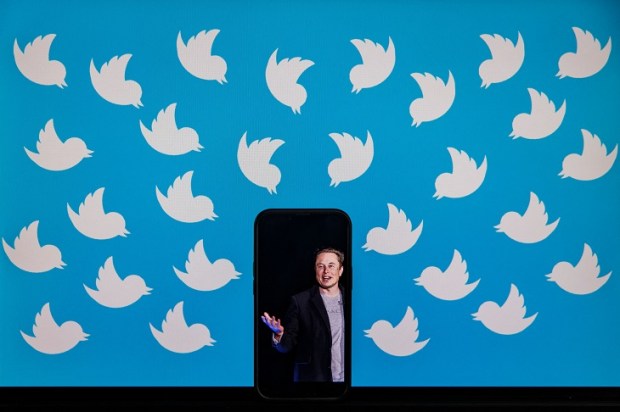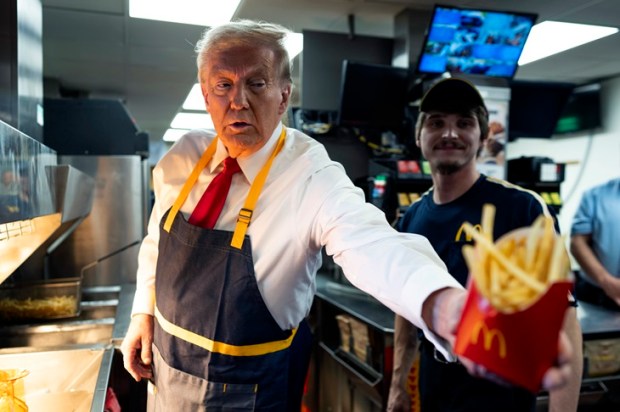In 2021, under the cover of Covid, scientists from China, Spain, and America created embryos that shared human and macaque monkey DNA. They were kept alive in the lab for 20 days before being terminated. By this stage, the embryos had progressed to the point of forming ‘cavities and layers’ but the bulk had already started dying off.
Still, it was a proof of concept that caused a flurry of panic regarding the ethics of genetic experimentation. Disturbing medical research regarding mice and other lower-order animals routinely sneaks by in the shadows of science, but both monkeys and humans are regarded as sentient creatures – brothers in the tree of life.
What these scientists created – for 20 days, at least – were true chimeras.
Previously mythical, human-animal hybrids have long been the source of horror and awe within the world of gods and monsters. Chimeras can also include the muddling of animal forms with terrifying powers, but by all accounts, they are creatures of the unreal. The Greeks, in particular, adorned their adventures with chimeras guarding various realms and treasures.
In the modern world, scientists believe that chimeras are guarding the secrets of medical knowledge. Crossing humans and monkeys promises to unlock vital medical information about the early stages of physical development that could help us grow spare organs within other animals.
There have been an alarming number of these combinations. In addition to our human-monkey creation, scientists attempted to cross humans and pigs in California with 186 reaching 28 days. We have had sheep-goat chimeras and those derived from bovine species. Japan has proposed merging humans and mice, hoping to grow a human pancreas inside the host animal. In this case, Japan changed its legislation to allow the research to proceed, including the previously banned practice of allowing ‘a brain with human cells’.
As summarised in PubMed Central, ‘Japanese researches are now authorised to create HNH chimeras with human brain cells, to transfer the product into a uterus, and to let it develop for a period of time that can surpass 14 days, in order to obtain human organs.’
In 2013, human brain cells were inserted into neonatal mice – who lived – and gave superior performances in cognitive tests. ‘Upon maturation, the recipient brains exhibited large numbers and high proportions of both human glial progenitors and astrocytes … Long-term potentiation was sharply enhanced in the human glial chimeric mice, as was their learning, as assessed by Barnes maze navigation, object-location memory, and both contextual and tone fear conditioning.’
We’ll never know what went through the minds of those poor creatures.
So far, the ethical debate has quietened. The scientists did not create living, breathing creatures capable of thought. Not yet, anyway. But for those that believe life starts at conception, the unforgivable line has already been crossed.
And what if one of these embryos were to survive? What if a creature of confused origin could live long enough to look its creators in the eye?
‘When we observed human cells were alive in monkey embryos, that was amazing,’ said a researcher from the State Key Laboratory of Primate Biomedical Research and Kunming University of Science and Technology in Yunnan, China.
Researchers around the world have not had much luck incorporating human genetic material into other embryos in the past. Mouse cells, for example, often seek out and destroy foreign human cells, but with monkeys being a more recent relative, human DNA is playing along and contributing to the new organism.
While not illegal, these sorts of experiments are likely to be unpopular if put to a vote in Western democracies. Even some scientific bodies have their reservations. The point of chimeras is to avoid performing certain tests on human beings – which are protected by extensive laws – but in making human-animal hybrids, aren’t scientists creating a greater crime against conscience?
What worries me is the amount of ‘excitement’ surrounding projects like this, where you can hear the sense of wonder in ‘what might be possible’ clawing at the more important ‘what should be done’.
Not only are chimeras considered ‘vital’ to biomedical progress, we have researchers salivating over the idea of ‘cross-talk’ between human and monkey cells which has not been seen in previous animal hybrids.
‘We do think understanding inter-specific cross-talk could be the key for generating more successful chimeras,’ said one researcher.
How far does this research need to be pushed to claim the Holy Grail of growing human organs inside other animals – and does that end result pass our basic test of ethics?
As one stem cell scientist rightly remarked, ‘Is there a point at which a chimera is “too human”? For instance, what if a monkey-human chimera ended up being more human than monkey, should special rules apply? What if there are many human cells in the developing brain of a chimera?’
The answer is, we shouldn’t need to ask the question because man-made chimeras shouldn’t exist.
Humans have long been having nightmares about hybrid creatures and humans fused into the bodies of animals. Perhaps these fever dreams were premonitions of our future cruelty as unworthy creators. While life exploits evolutionary gaps, humans are creating life to exploit its spare parts. As we evolve into more powerful beings, we are fashioning future laboratory slaughterhouses in the full knowledge that there might be human minds on the chopping block.
While it is unlikely that the genetic rules of nature will allow us to create the more fanciful creatures of ancient folklore, Mark Steyn – who discussed this issue in several of his recent shows – was right in assuming that our future may look more like H.G. Wells’ The Island of Doctor Moreau, crawling with ape-human chimeras. The conversation arose because the Dutch are entertaining changes to their embryo act to allow the creation of life for purposes other than pregnancy – in other words – experimentation including with animal-human hybrids.
If we are gods creating life, what sort of gods are we? The kind that seeks to birth new forms into the world in order to grow our organs and harvest them. Humans make monstrous gods.
Alexandra Marshall is an independent writer. If you would like to support her work, shout her a coffee over at donor-box.

























